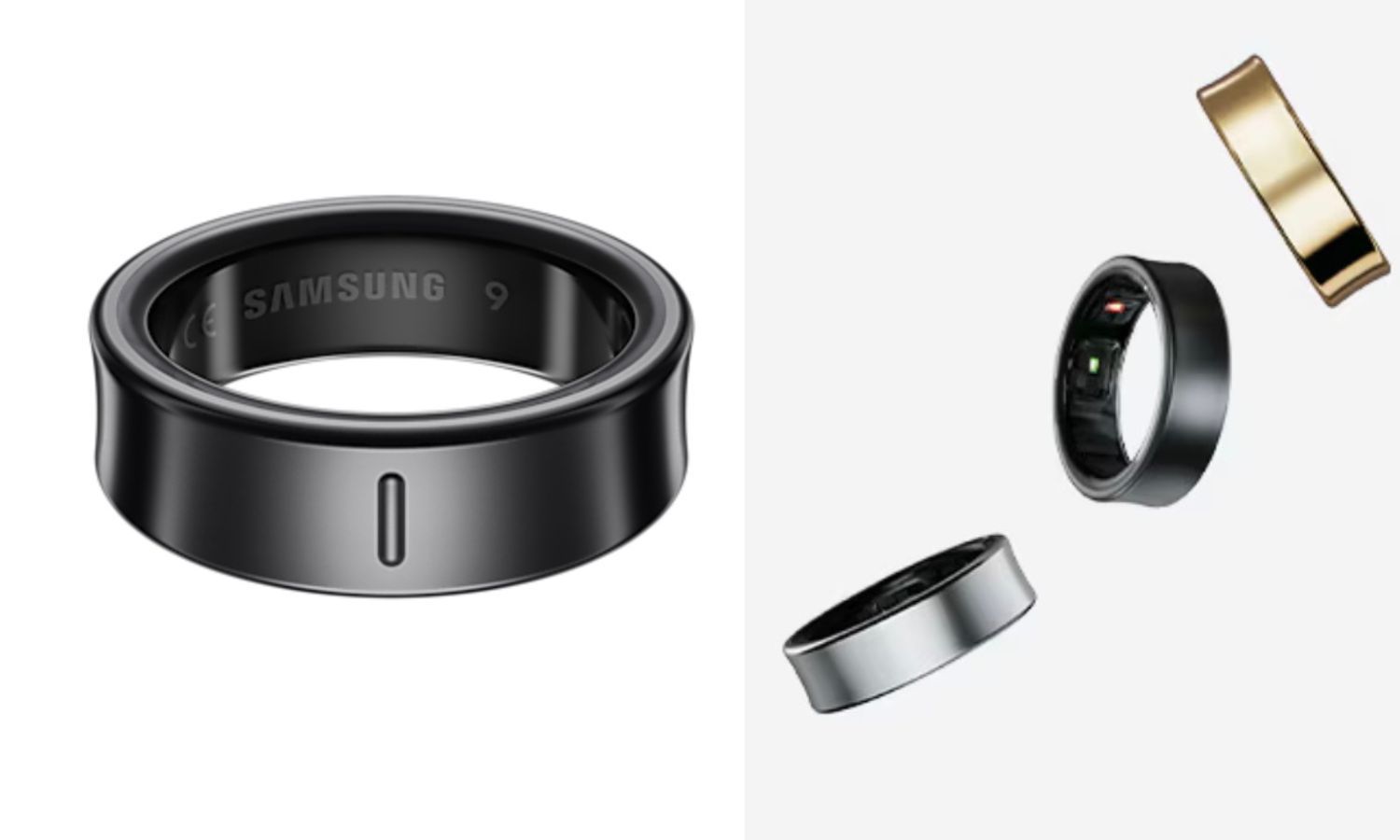Samsung Enters Smart Ring Market with Galaxy Ring in India

CHENNAI: Samsung has officially launched its first smart ring, the Samsung Galaxy Ring, in India, marking its entry into the competitive smart ring market. This launch comes as part of Samsung's strategy to bolster its wearables ecosystem, positioning the Galaxy Ring as a premium offering amidst a market already crowded with various smart ring options.
The Galaxy Ring stands out with its sleek, concave design and robust construction, available in three color variants, including a striking Titanium Black. Weighing less than 3 grams and with a width of just 7mm, it promises comfort for extended wear. Despite its lightweight build, the ring boasts a remarkable battery life of seven days. Its charging case, reminiscent of a jewelry box with a unique clamshell design, features LED lighting to indicate the charging status. The ring is crafted from titanium, enhancing its durability, and is rated IP68 for dust and water resistance, allowing users to swim with it to depths up to 100 meters.
Functionally, the Galaxy Ring is equipped with three sensors: an optical bio-signal sensor, an accelerometer, and a skin temperature sensor. These sensors integrate with Samsung Health and Galaxy AI to monitor critical health metrics such as sleep patterns and heart rate. A notable feature is the Energy Score, which aggregates various health data to provide users with a comprehensive health status, aiding in better planning of daily activities and workouts.
The ring's optimal functionality is achieved when paired with a Samsung Galaxy smartphone, offering additional insights through Galaxy AI and gesture controls for managing the phone. Priced at Rs 38,999 and above, the Galaxy Ring not only signifies Samsung's commitment to innovative technology but also hints at the future where AI-driven wearables could become the norm.
Samsung's entry into the smart ring market with such advanced features and integration with its existing ecosystem could potentially set new benchmarks in wearable technology, appealing especially to tech-savvy consumers and those invested in the Samsung brand.
